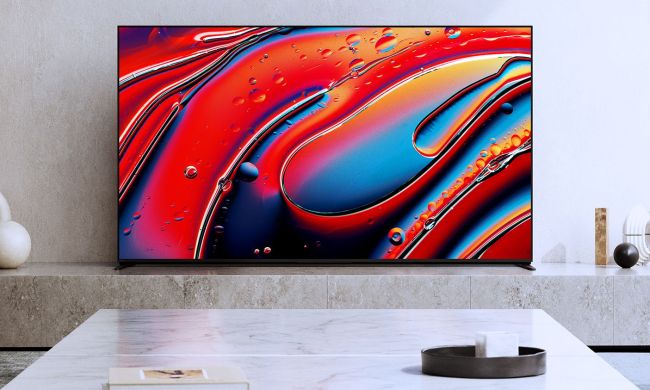
Xiaomi’s VP teased that the company would have a presence at Google I/O, and, true to his word, the Chinese firm has unveiled a new set-top box bound for U.S. shores. It’s called the Xiaomi 4K Mi Box, and it’s an Android TV device that sports a Bluetooth remote with voice activation, support for Google’s Cast standard, and, as might be guessed from its self-descriptive name, 4K video playback.
Xiaomi’s announcement was relatively light on the details, but the Mi Box’s headlining feature is support for Ultra HD, 4K video — a first for the company’s Mi Box line of media streamers. Voice commands, as on Android TV devices like Asus’ Nexus Player and Nvidia’s Shield TV, are parsed by Google’s dedicated search app, and the Mi Box’s Cast integration will support the standard library of Chromecast-compatible video, photo, and music apps available on iOS and Android.
The 4K Mi Box will also ship with the newest version of Android, tentatively named Android N. It features picture-in-picture support, APIs for live video recording, and playback of High Dynamic Range content. And more broadly speaking, the platform’s gaining apps from a diverse range of content partners — CNN, Comedy Central, Disney, and ESPN, to name a few.

In terms of inputs, the 4K Mi Box sports an HDMI outport, a USB port, and an AV port. It’ll ship alongside a game pad accessory (sold separately), and go on sale later this year in the U.S. for an as-yet unspecified price.
The 4K Mi Box joins a bevy of set-top box and TV manufacturers that have pledged to adopt Android TV in the coming months. At an I/O developer session, Sony announced that Google’s operating system will power its 2016 Bravia TV line. RCA, too, will release Android TV products this year, as will Beko, Grundig, and Vestel. On the set-top box side of things, Sharp’s releasing the Net Player. And televisions from Magnavox, Philips, Polaroid, Toshiba, and Westinghouse are gaining Cast functionality.
The 4K Mi Box isn’t the only hardware Xiaomi debuted at I/O. During the conference’s keynote, the company was announced as a partner for Daydream, Google’s new virtual reality platform built atop Android N. It, along with Samsung, HTC, LG, Huawei, ZTE, Asus, and Alcatel, will launch Daydream-ready smartphones in the coming months.


